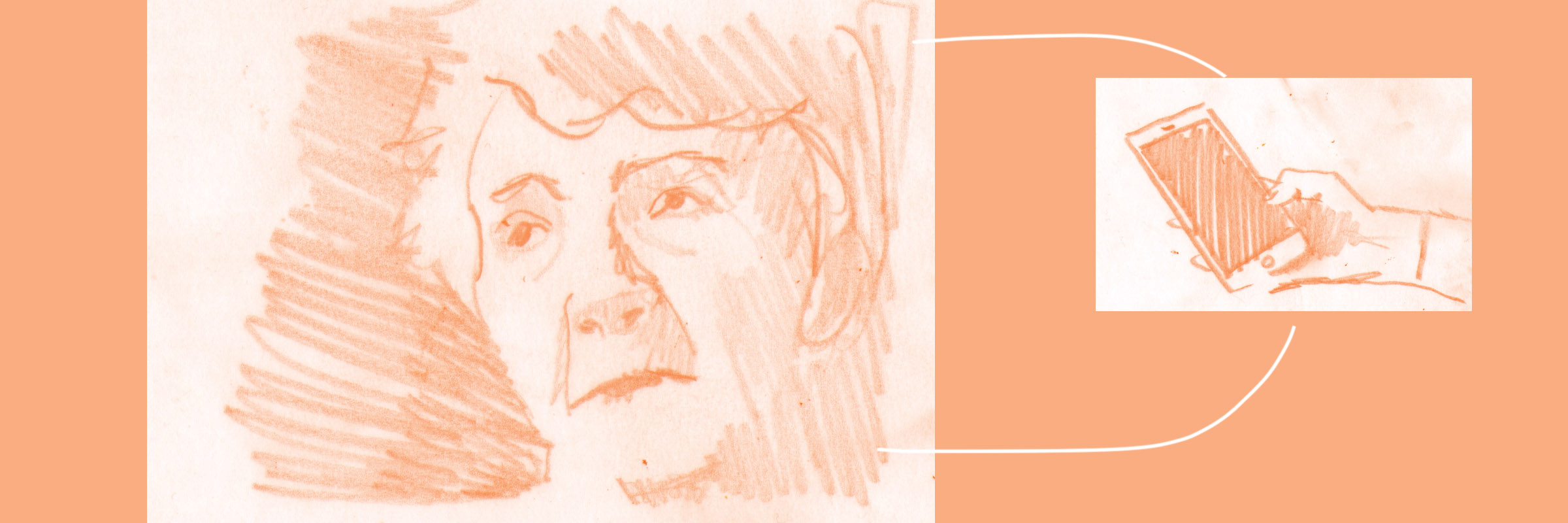What are the perceived risks?

For adults at risk of harm online they cover a number of key areas, including:
- Accessing or becoming exposed to inappropriate content – websites with self-harm, violence and racism
- Being exposed to radical views and far-right extremism
- Receiving unwanted contact through social media – grooming, sexual harassment, cyberbullying
- Improper conduct of the person in their use of the internet
- Potential scamming – fraud and embezzlement
Beyond these more general and perceived risks, there are a number of specific online risks identified in the literature, including:
- Being blocked from a group or activity on the internet
- Being told unpleasant things or insulted
- Being threatened
- Receiving sexual photos or videos that they did not want to receive
- Being asked to meet up
- Passwords being used without their consent
- Being harassed to buy something they did not want
- Losing money online
- Being asked for personal information with no apparent reason
Being online also encompasses a number of activities, including: chatting and posting on social media; gaming; shopping/banking and; watching/interacting with videos or other content. These types of activities can also take place on a range of devices including: personal computers; laptops; tablets; phones; smart TVs and; gaming consoles. The way people behave online is constantly evolving and increasingly complex. For example, online gaming can involve people chatting by text or live through microphones/headsets, with whole groups, communities and friendships existing in those virtual worlds.
Iriss is a charitable company limited by guarantee. Registered in Scotland: No 313740. Scottish Charity No: SC037882.
Registered Office: 5 South Charlotte Street, Edinburgh. EH2 4AN.